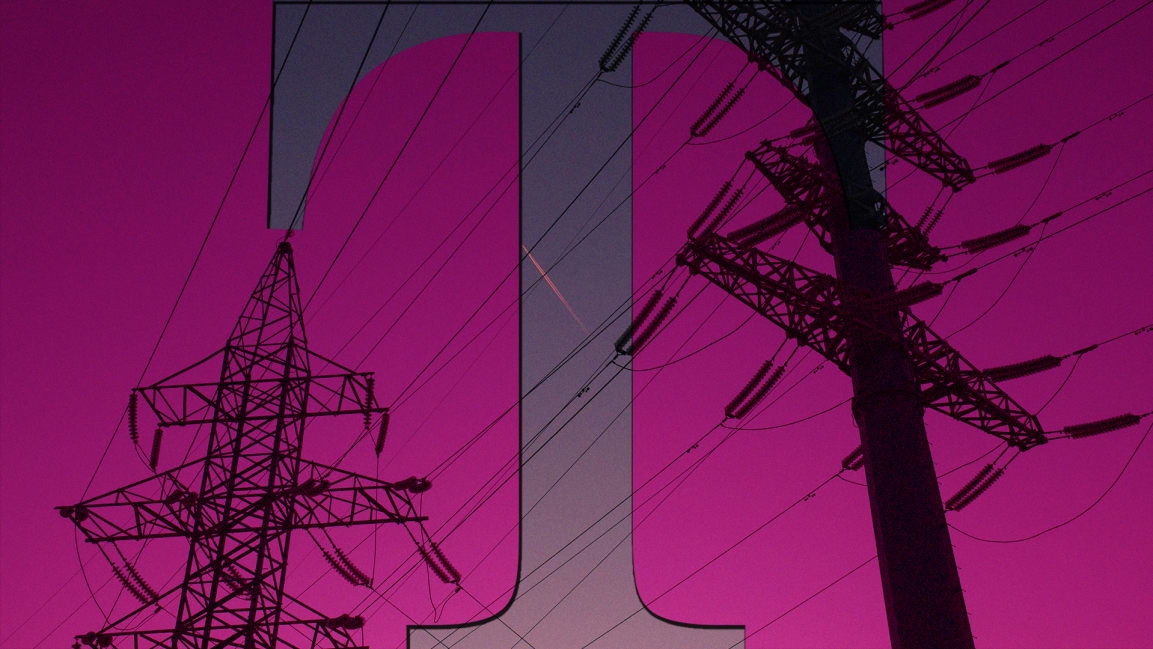The merger between T-Mobile and Sprint was just approved: Now what?
A U.S. district judge has ruled that the planned merger between Sprint and T-Mobile can proceed, reports the Wall Street Journal. Sprint and T-Mobile originally agreed to the merger two years ago, but many states stepped forward to object to it, arguing that Sprint didn’t need to join T-Mobile to remain competitive, and the deal was fundamentally anticompetitive.
However, U.S. District Judge Victor Marrero ultimately disagreed with the states’ arguments, saying, “T-Mobile has redefined itself over the past decade as a maverick that has spurred the two largest players in its industry to make numerous pro-consumer changes.” The judge also concluded that by allowing the deal to go forward, T-Mobile will be able to continue such a strategy in the future.
So now that this legal hurdle has cleared, what comes next, and what does it mean for customers?
Perhaps the most important outcome from a consumer’s standpoint is whether the merger will affect prices for better or worse. That question is simply impossible to answer right now and won’t likely won’t be known for several years.
(5)



